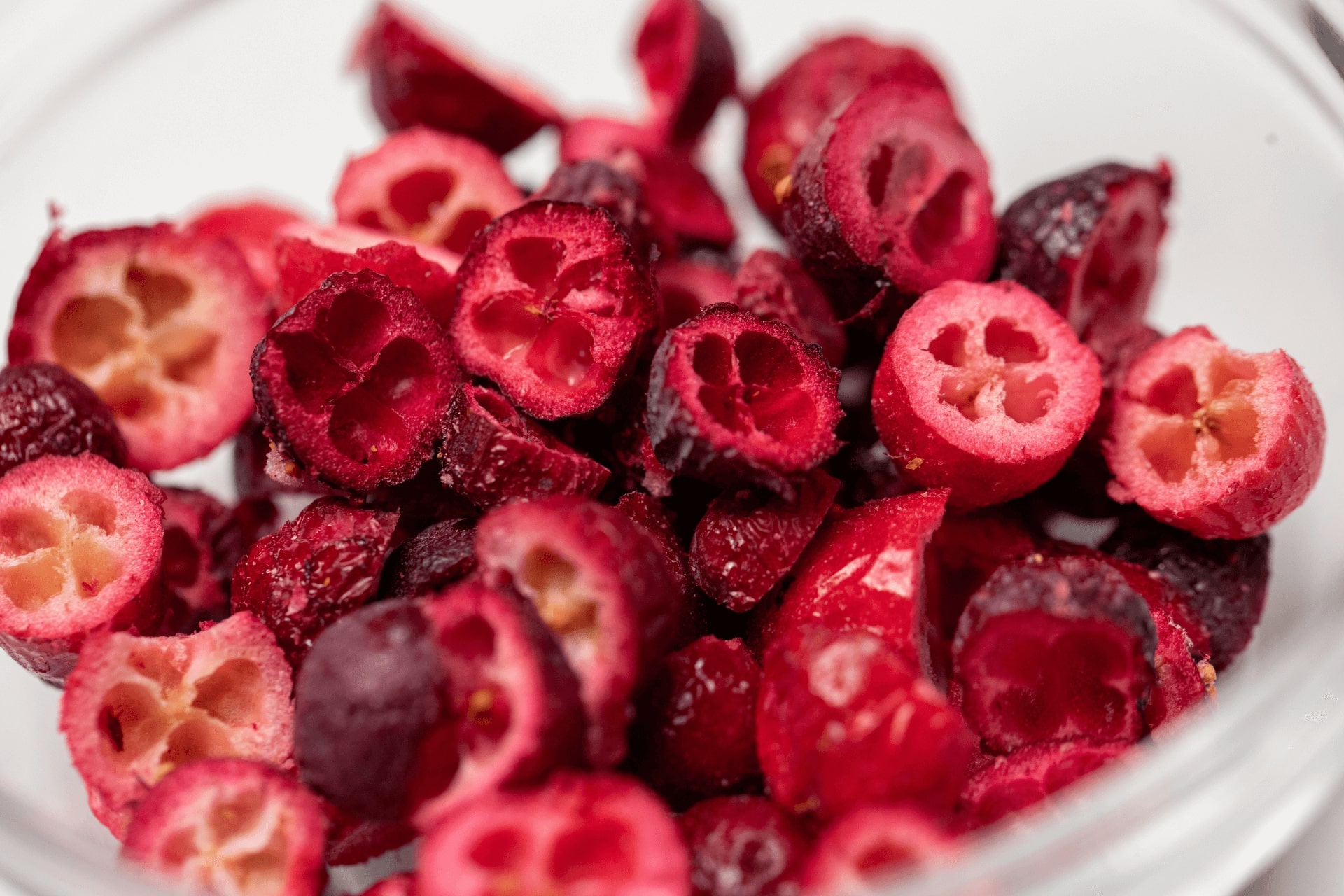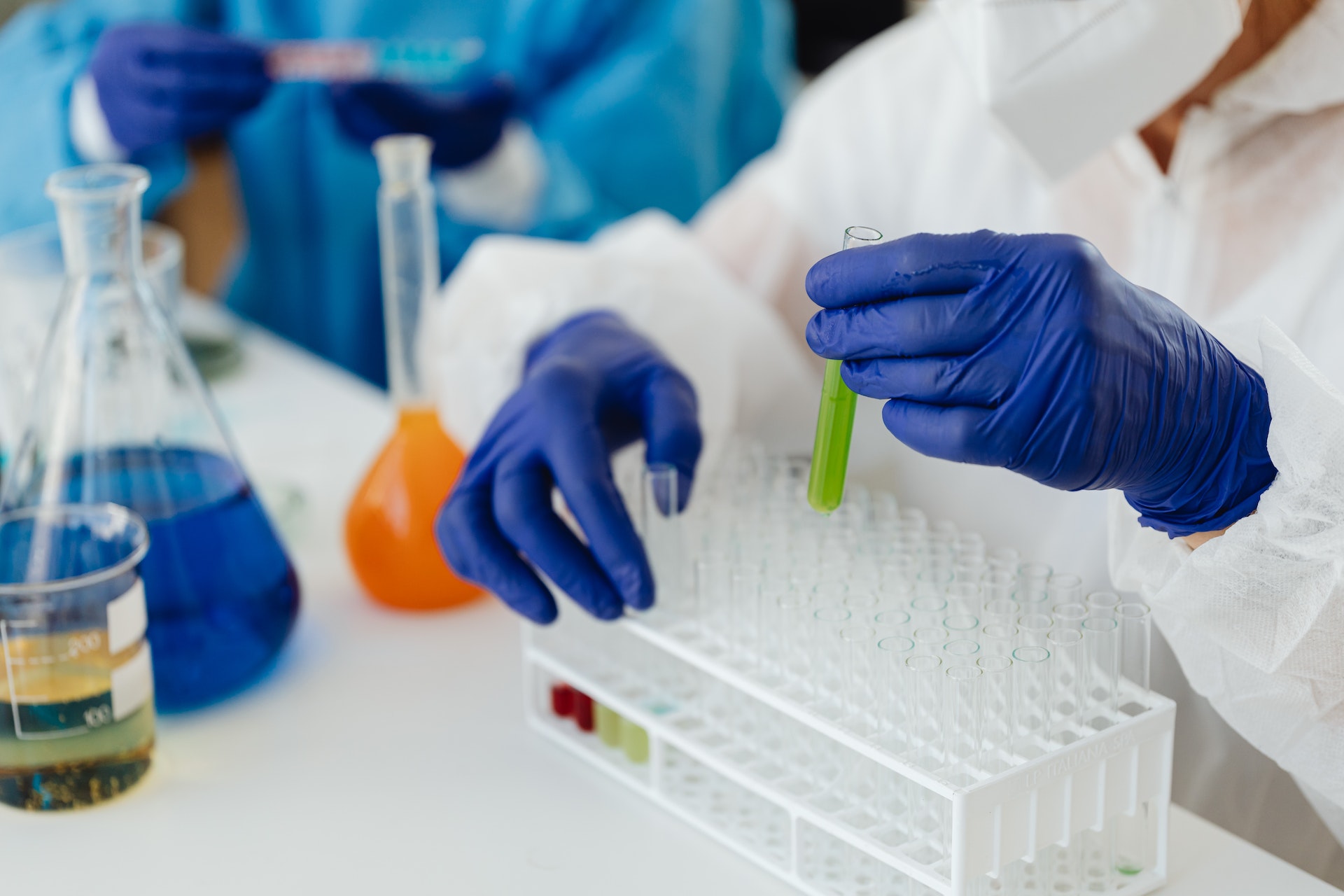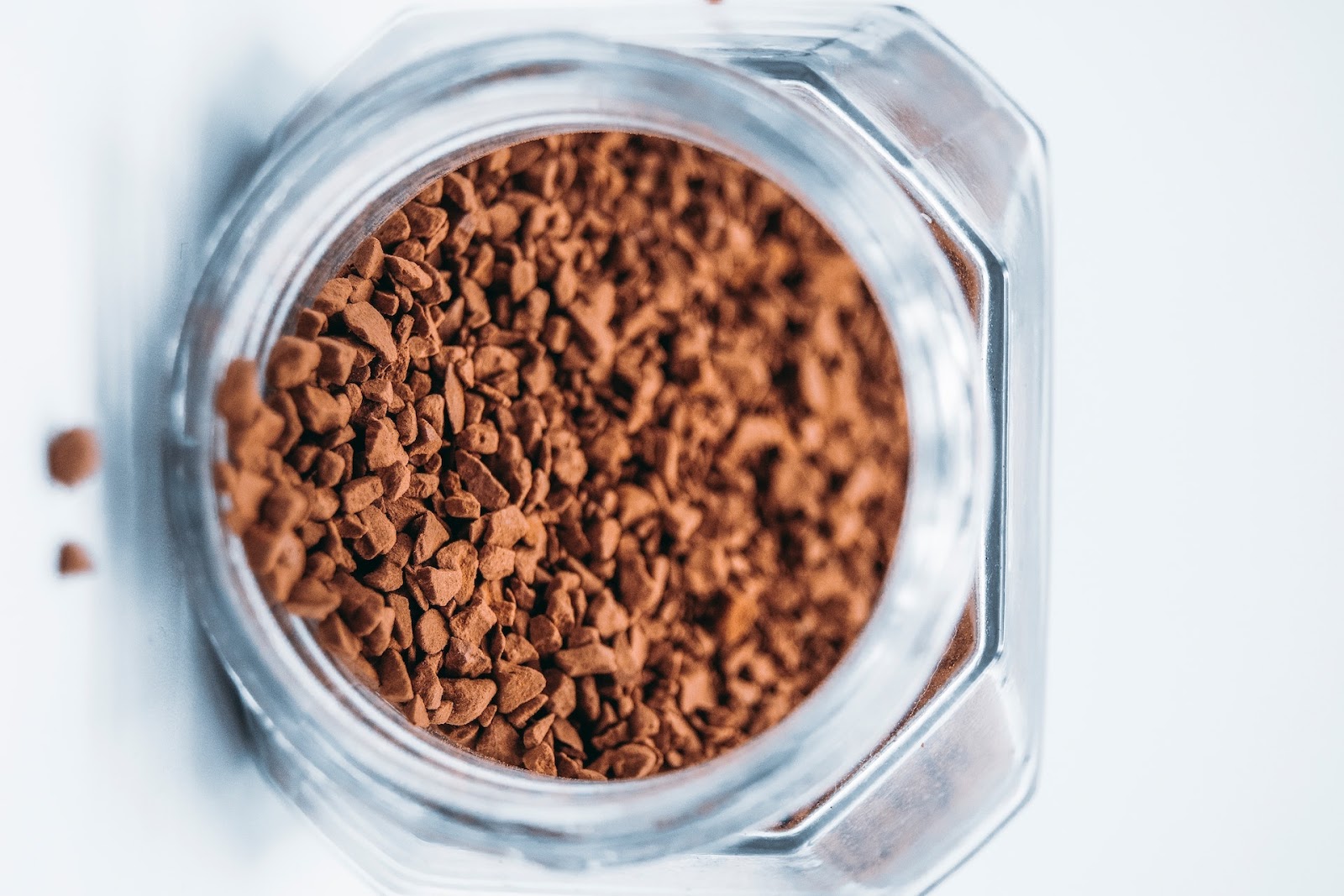Living in today’s fast-paced world means convenience is a priority, which makes ultra-processed foods more common in the average consumer’s diet. Most people are familiar with processed food items, but what are ultra-processed foods?
Knowing the difference between whole, processed, and ultra-processed foods is especially important as people today are more concerned of their nutrition and its impact on their overall health and well-being.
Here, we’ll cover the basics of ultra-procesed foods, how they differ from other types of food, and their effects.
What are Ultra-Processed Foods?
Ultra-processed foods are defined as foods that are made almost entirely of extracted substances such as fats, oils, sugars, and starches. Many ultra-processed foods are manufactured using synthetic materials, and only a few ingredients come from real plant and animal sources, if any.
A key characteristic of ultra-processed foods is that they retain very little of the nutritional content or integrity of the original food that they were created from. They also have ingredient lists that are difficult to recognize and include substances for emulsifying, bleaching, bulking, and de-foaming. Ultra-processed foods typically contain plenty of preservatives and are often created to have textures and flavors that are highly palatable.
In contrast, freeze-dried foods, such as fruits, cheese, meat, and seafood are considered processed (since they undergo freeze-drying to remove moisture) but they can be part of a healthy diet. These options are convenient but contain few to no preservatives.
How Ultra-Processed Foods Affect Health
Ultra-processed foods have been shown to have many adverse effects on health. Many studies have linked ultra-processed foods to numerous health problems, such as the following:
- Type 2 Diabetes. A study involving more than 100,000 adults found that an increase in daily calorie intake from ultra-processed foods led to higher risks of type 2 diabetes [*].
- Weight gain. Clinical trials have shown that people who ate ultra-processed food consumed about 500 more calories per day. Eating at a consistent caloric surplus can lead to weight gain.
- Heart disease. Research conducted with over 100,000 adult participants revealed that an increase in ultra-processed food consumption led to higher risks of cardiovascular disease [*]. Eating more ultra-processed foods can also lead to a higher chance of deaths from cardiovascular disease.
- Cancer. Increased cancer risk is associated with the consumption of ultra-processed foods. There is a higher chance of developing breast cancer, in particular, but the risk of overall cancer is still high [*].
How to Identify Ultra-Processed Foods
Identifying ultra-processed foods can be done by looking at the packaging and labels. These products are typically prepackaged, and on the label you’ll find plenty of added sodium, sugar, and saturated fats.
There are also ways to identify ultra-processed foods from minimally processed or processed products. Here’s a table showing examples of minimally processed, processed, and ultra-processed foods:
| Minimally processed | Processed | Ultra-Processed |
| Corn | Canned sweet corn | Corn chips, products with corn syrup |
| Apple | Apple juice | Apple pie |
| Potato | Baked potato | French fries |
| Carrot | Carrot juice | Carrot cake with refined sugar |
| Wheat | Flour | Cookies |
How to Limit Ultra-Processed Food Consumption
- Make home-cooked meals. One of the major changes in dietary patterns over the last few decades is the decline of home-cooked meals in favor of ultra-processed foods. To limit your ultra-processed food consumption, buy whole ingredients and cook at home more often. Avoid buying ultra-processed foods and simply reheating them.
- Choose better restaurants. There are many restaurants that offer fresh and healthy options rather than ultra-processed foods. When eating out, be more conscious of the restaurant offerings and opt for menu items that are baked, stir-fried, or grilled instead of deep-fried. It also helps to order a fresh vegetable dish with your meal.
- Check the source. When thinking about whole foods, it isn’t difficult to imagine where it comes from. For instance, meat come from livestock and potatoes come from the ground. If you are struggling to determine where your food originated because the label is highly complicated, then it might be an ultra-processed food that you should avoid.
- Be wary of food trends. Food trends come and go, but sometimes they are just ultra-processed foods packaged and marketed differently. These are products that are often labeled as “healthy,” “natural,” or “organic.” These words may describe the original ingredients, but they do not include the process the food went through. Organic cookies, for example, are still ultra-processed foods.
There’s no need to choose ultra-processed foods for convenience. There are many ways to preserve foods — e.g., freeze-drying, dehydration, and fermentation — for long-term storage at home.
Frequently Asked Questions
Here are commonly asked questions on ultra-processed foods.
What foods are considered ultra-processed?
Foods like sweetened breakfast cereals, frozen chicken nuggets, packaged soups, and sodas are all considered ultra-processed. These are foods that go through multiple processes such as milling, moldting, and extrusion to create the final product.
Are there any healthy ultra-processed foods?
There are no ultra-processed foods that are healthy. This is because there are little to no ingredients from whole foods that remain in ultra-processed food products. If there are some ingredients used from whole foods, then they are usually flavored with excess amounts of salt, sugar, and other preservatives, making them unhealthy.
What is the difference between processed and ultra-processed foods?
Processed foods are defined as raw agricultural commodities that have been changed from their natural state through washing, cleaning, milling, cutting, heating, pasteurizing, and other similar processes.
Ultra-processed food, on the other hand, is much more highly processed. It usually has added salt, sugar, and fat as well as artificial colors, flavors, and stabilizers. These foods may contain plenty of refined carbohydrates, saturated fat, and calories.
Summary
Ultra-processed foods are convenient and tasty, but they are also associated with several health risks. If you want to achieve optimal health, then whole or minimally processed foods are the best option.
Avoiding ultra-processed foods completely can be difficult, so keep in mind that you do not need to change your entire diet all at once. Making small but consistent changes can make a big difference over the long term and create a significant effect on your health.



